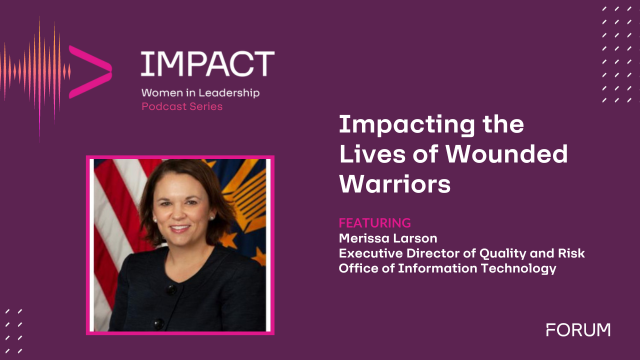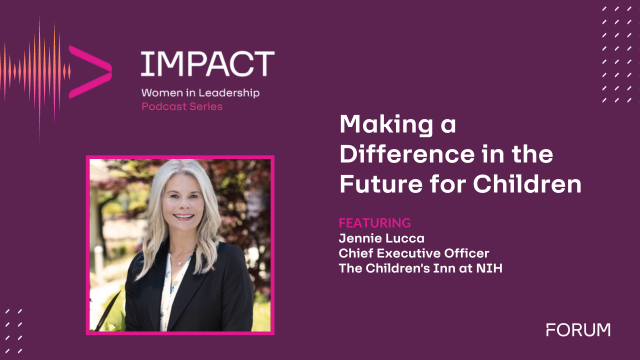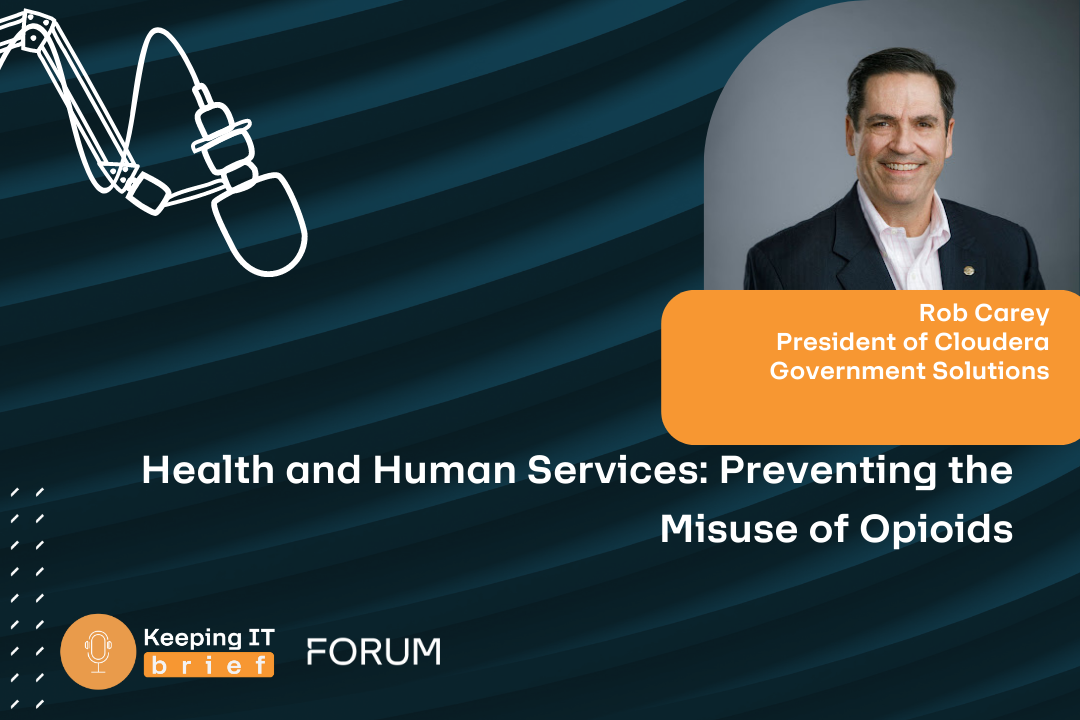Most Americans would be surprised to discover that the United States has the worst maternal mortality rate among all developed countries. In fact, our instances are almost three times higher than the next nearest country, France, and more in line with statistics in Rwanda.
However, the US has the distinct advantage of partnerships among governmental agencies and industry, such as innovators like Philips aimed at reducing the maternal mortality rates through relevant technology. The March of Dimes just released their annual report indicating that preterm birth rates have reached a 15-year high.
How Did We Get Here?
The issue of maternal and infant health is multifaceted. First and foremost, the rate of high-risk pregnancy is on the rise with more than 30% of pregnancies classified as high risk. Conditions such as gestational diabetes, hypertension, excessive weight gain and pregnancies of multiples all require extra monitoring. In addition, healthcare equity is a contributing factor, particularly among Medicaid patients, people of color and those living in remote areas.
Some two million women reside in one of the country’s 1,000 or so counties considered maternity care “deserts” with no available obstetric care or birthing centers. This lack of facilities puts both mothers and the 150,000 babies born annually in these areas in danger. Couple this with Medicaid patients who often delay maternal care until the second or third trimester, and the US has a maternal mortality issue to solve. “Approximately 32% of all pregnant women on Medicaid only start receiving care in the third trimester,” explained Michael Lemnitzer, Vice President, State Government Healthcare at Philips. “This leads to these women being more likely to have a pre-term birth, compared to if they were receiving care earlier in their pregnancy.”
Technology Can be the Great Equalizer
What if pregnant women all over the world had access to maternal support at their fingertips anytime, anywhere? Currently, maternity patients often get lost in the labyrinth of governmental websites and never receive the information to thrive. Moreover, some don’t have computer access at all. However, mobile technology and data exist and have the capacity to save lives. Philips Pregnancy+ is a free online app providing education and support as well as tools to track pregnancy milestones. The app not only benefits new mothers, but also state governments as Philips is partnering with them to use the app to improve utilization of available benefits by providing easy access to state resources and educational information. Some of these resources include where to apply for Medicaid coverage, information on WIC benefits or signing up for home visits or programs to stop smoking. The app also provides deidentified population health data to states and government organizations to track maternal behaviors and improve initiatives. Because the app is cellular based, it removes the technology barriers that often prevent rural and underserved communities from receiving necessary support and care. The app, with 59 million downloads to date, is designed to be engaging and informative across all demographics regardless of health literacy. Thus far, the app reaches 43% of new mothers in most states with users ranging in age from 15 to 40 years old.
“The Pregnancy+ app is just one of our efforts in maternal and infant health – we have other clinical solutions and partnerships aiming at bringing care closer to home as well,” said Raymon uit de Bulten, Payer Venture Leader at Philips. “Lumify, for example, is a portable ultrasound that connects to a smartphone or tablet for check-ups in the home or in an ambulance. Philips also has a partnership with Nuvo for mobile obstetric monitoring devices, which enables remote Fetal-Nonstress Testing (F-NST) as a monitoring solution that tracks heart rate and movement. Most importantly, it is non-invasive and therefore doesn’t put stress on the baby.”
The Future of Maternal Care
This app is an example of the tangible gains from utilizing technology and data to meet patients where they are. In the future, strategic partnerships will improve at-home monitoring and expand on current services such as mobile non-stress fetal monitoring and portable ultrasounds. These improvements assist underserved populations which frequently overcome a lack of local services as well as jobs without paid time off for appointments and screenings. The focus will remain on early prevention with the goal of healthy pregnancies and deliveries. “Pregnancy is not the end; there’s something major that comes after,” said uit de Bulten. “Post-partum care is crucial, and we are making it a priority to support new families at this stage as well.”
In that vein, post-partum tools will be available to help in the transition to motherhood. Many Medicaid states are shifting to support up to a year post-partum with the realization that maternal needs don’t dissipate after birth. The right technology, the right partnerships and the states’ willingness to prioritize maternal care means we are headed in the right direction to improve outcomes. “We’re working with state health departments, universities, and other industry partners who have the same goal of improving maternal and infant health outcomes,” explained Lemnitzer. “We all share in the mission to improve the lives of mothers and their children.”
About Michael Lemnitzer
 Michael Lemnitzer, CCP (Chronic Care Professional-Health Coach), has over 34 years of healthcare experience with 14 years related to geriatrics and long-term care, and the most recent 20 years focused on the implementation of remote patient monitoring and telemedicine solutions. Mike joined Philips in 2006 and presently leads the Philips State Government healthcare business focused on supplying state and local governments with technology across the entire Philips portfolio including: ventilators, maternal health solutions, remote patient monitoring, eICU/tele-critical care, and Health Information Exchanges.
Michael Lemnitzer, CCP (Chronic Care Professional-Health Coach), has over 34 years of healthcare experience with 14 years related to geriatrics and long-term care, and the most recent 20 years focused on the implementation of remote patient monitoring and telemedicine solutions. Mike joined Philips in 2006 and presently leads the Philips State Government healthcare business focused on supplying state and local governments with technology across the entire Philips portfolio including: ventilators, maternal health solutions, remote patient monitoring, eICU/tele-critical care, and Health Information Exchanges.
About Raymon uit de Bulten
 Raymon uit de Bulten leads Pregnancy+ Health Insurance and Payer Service Solutions at Philips. With over 15 years of experience in creating new business models, Raymon is assisting governments and health plans to improve maternal and infant health, while also reducing the cost of care delivery. As a healthcare technology leader, Raymon is focused on introducing solutions that provide a comprehensive pregnancy journey that helps women start with prenatal care on time and increases care compliance to enable a healthy start to life.
Raymon uit de Bulten leads Pregnancy+ Health Insurance and Payer Service Solutions at Philips. With over 15 years of experience in creating new business models, Raymon is assisting governments and health plans to improve maternal and infant health, while also reducing the cost of care delivery. As a healthcare technology leader, Raymon is focused on introducing solutions that provide a comprehensive pregnancy journey that helps women start with prenatal care on time and increases care compliance to enable a healthy start to life.
About Philips
![]() Philips is a leading health technology company focused on improving people’s health and enabling better outcomes across the health continuum – from healthy living and prevention, to diagnosis, treatment and home care. Learn more here.
Philips is a leading health technology company focused on improving people’s health and enabling better outcomes across the health continuum – from healthy living and prevention, to diagnosis, treatment and home care. Learn more here.












